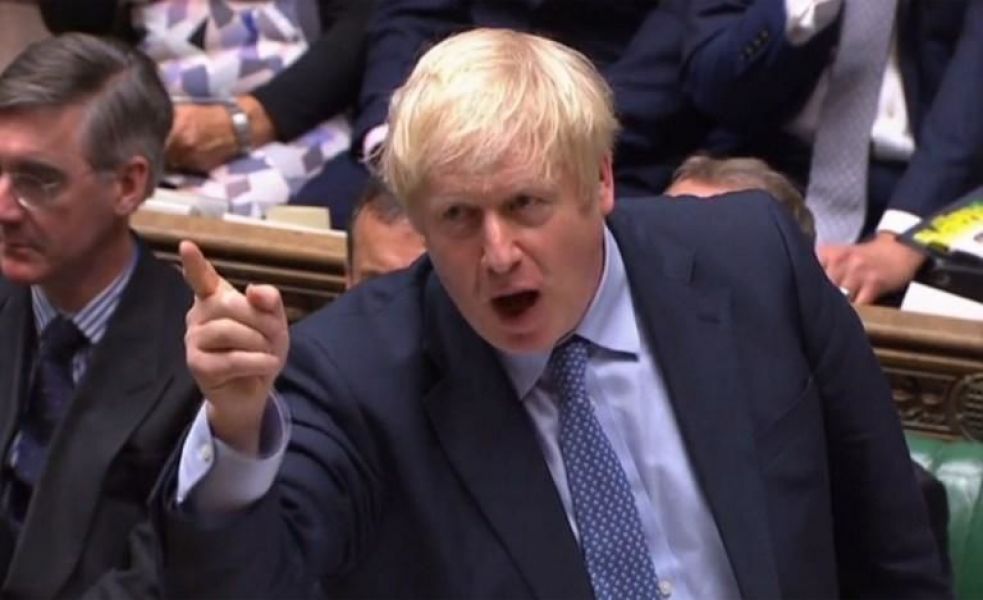British Prime Minister Boris Johnson will call on the leaders of G7 group of most industrialised countries to come together and vaccinate the world by the end of 2022, when they meet on the 11th of June, his services announced on Saturday.
The head of the Conservative government will host the G7 summit from Friday to Sunday in Cornwall, in the southwest of England. He plans to use the opportunity to urge his peers from Canada, France, Germany, Italy, Japan and the United States to take “concrete measures” to achieve the objective of global vaccination, according to a press release issued on Saturday evening by Downing Street.
The summit is the first in-person meeting of G7 leaders since the novel Coronavirus (COVID-19) pandemic broke out a year and a half ago. It is also the first to be attended by U.S. President Joe Biden, marking Washington’s return to multilateralism after the Trump years.
“Next week the leaders of the world’s greatest democracies will gather at an historic moment for our countries and for the planet,” Johnson said in Saturday’s press release. "The world is looking to us to rise to the greatest challenge of the post-war era: defeating COVID and leading a global recovery driven by our shared values.”
"Vaccinating the world by the end of next year would be the single greatest feat in medical history,” Johnson added.
The UK had announced in February that it would share half of its surplus vaccines with other countries through the international COVAX system, but although the vaccination campaign has made significant progress, the country does not have enough surplus vaccines to make good on its pledge, Health Minister Matt Hancock said on Friday.
Boris Johnson also hopes to promote a global surveillance system to detect new variants of the virus before they spread.
The environment and global green recovery will be at the core of the G7 summit, ahead of COP26, a major UN conference focussing on the fight against climate change and scheduled for November in Scotland.
A series of meetings involving ministers from member countries were held in the runup to the summit. These encounters yielded a historic agreement on a 15% minimum corporate tax to be used to to bring about a better distribution of the fiscal income of multinationals, particularly technology giants, which have prospered during the pandemic.
The Brussels Times

